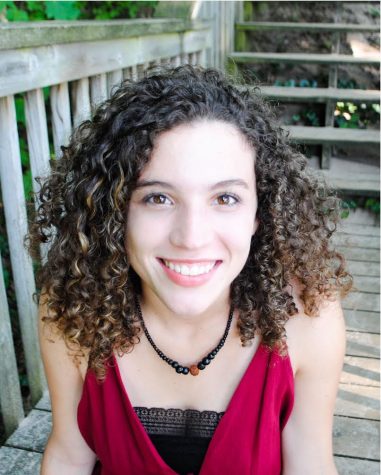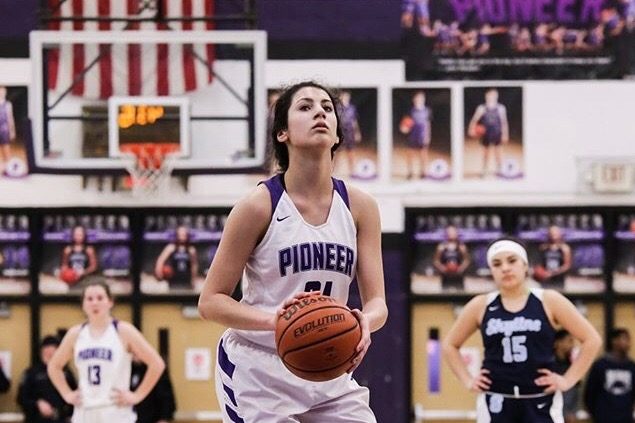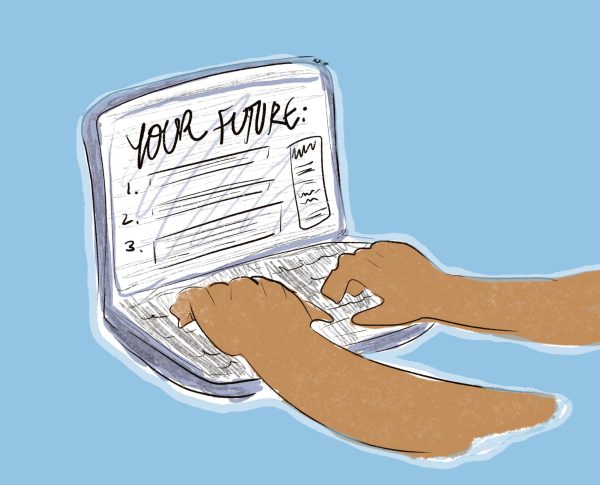Corrine Burgard
“I’m in DBT therapy; it’s more structured and less rigorous [than CBT]. I have ADHD so that kind of helps me stick with it. DBT has two parts to it: the group and the individual “one-on-one” with a therapist. The group is not like an AA meeting; It’s not like we’re going around in a circle saying ‘I have depression.’ It’s a class and you go with a parent and you have a DBT book and you learn coping skills for all different kinds of situations. [It’s helpful that] a parent goes with you because they need to know how you’re feeling and it helps communication wise. They see what you’re doing and know how to react because they have been to the classes. Also, you don’t need to have a mental illness to learn coping skills; it helps them too. You’re going to face difficult times in your life, and [DBT] definitely helps at home. In one-on-one, you have a diary card you write how you’re feeling and it’s really targeted for you. You talk about skills that you can learn and use. And then you go home and you can practice and you have the book with you as a guide….The biggest thing is talking about it because so many people go through stuff, even if you’re not depressed. Starting out, for me, there were little signs. I didn’t wanna play basketball anymore. It wasn’t because of girls or the coach or politics; it was just because I wasn’t interested in the sport anymore. I felt like I didn’t have the love for it. Fortunately, I talked to my coach; he’s really invested in all of us, and he got me through it. I’m really happy because of that. Because right now I’m playing [again] and I’m in season and I’m having the best season of my career. That wouldn’t have happened if I stopped last year. If you think that you’re bugging someone because you’re telling them about your feelings: you’re not.”

When Andrea is not in school she is working on theatre. She is the president of Community Ensemble Theatre (CET), assistant directing CET's fall show Love and Information, and will be playing Shirley in CET spring musical, "Disaster!". Theatre is her passion and she hopes to further pursue it and education in college.
Art imitates life; how is an actor to properly do their job if they do not know the world around them? This year, Schnell hopes to use her work as a journalist, interacting with the world, to inform her work in theatre.









